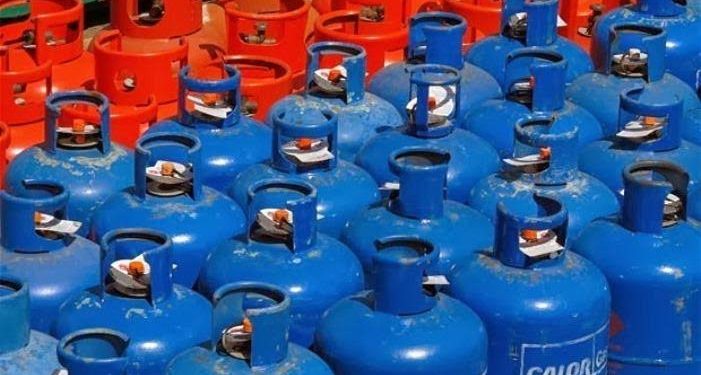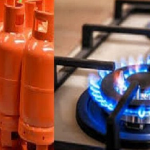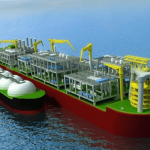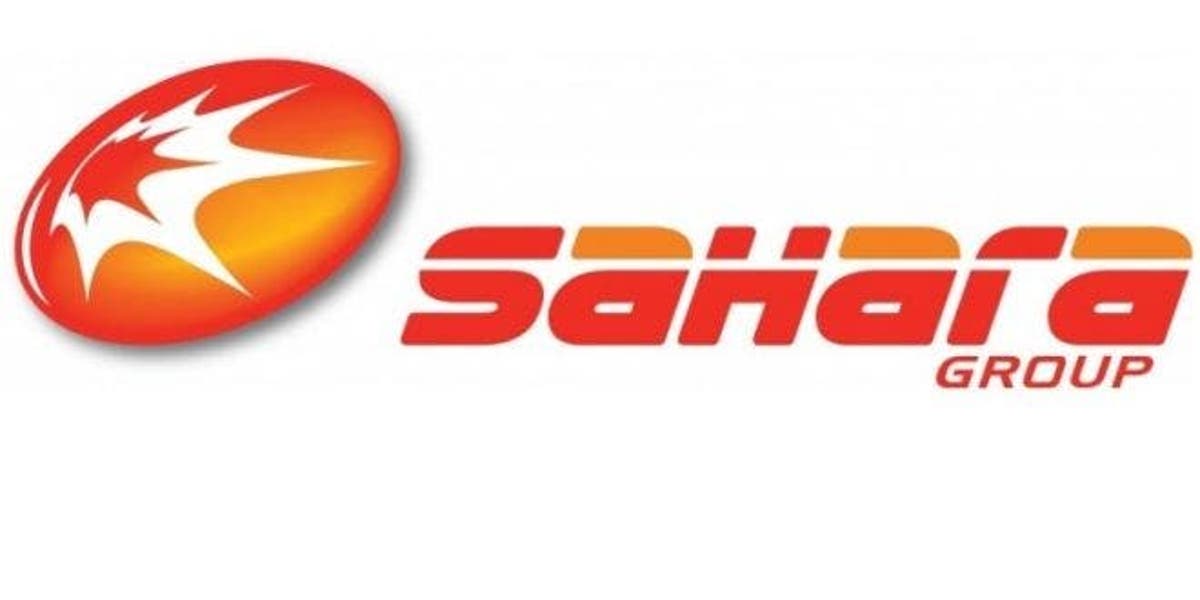The Nigerian government has taken another step in its bid to make cooking gas more accessible and affordable, with the commissioning of a new Liquefied Petroleum Gas (LPG) vessel by WAGL Energy Limited. Despite this progress, prices of cooking gas have continued to rise, leaving many households struggling with higher costs.
President Bola Ahmed Tinubu, represented by the Minister of State for Petroleum Resources (Gas), Ekperikpe Ekpo, recently commissioned WAGL Energy Limited’s 40,000 cubic metre (CBM) vessel, “MT Iyaloja (Lagos).” The addition brings WAGL’s fleet to five vessels—MT Africa Gas, MT Sahara Gas, MT BaruMK, and MT Sapet—raising its total fleet capacity to 162,000 CBM. WAGL is a joint venture between the Nigerian National Petroleum Company (NNPC) Limited and Sahara Group.
The president described the development as proof of Nigeria’s commitment to clean and sustainable energy solutions, both locally and across Africa. He noted that expanding LPG distribution capacity demonstrates “strategic foresight and dedication to making LPG the dominant household fuel across Nigeria and Africa.”
NNPC’s Group Chief Executive Officer, Bayo Ojulari, said the initiative aligns with the federal government’s gas-driven economic agenda, which seeks to reduce reliance on kerosene and firewood while promoting cleaner energy for homes and industries. The investment is also expected to strengthen Nigeria’s role as a major supplier of LPG within Africa.
However, while the new vessel represents progress in building supply infrastructure, Nigerians are still contending with rising gas prices. Data from the National Bureau of Statistics (NBS) shows that the average cost of refilling a 5kg cylinder rose to ₦8,323.95 in June 2025, a 1.92 percent increase from May and 19.49 percent higher than the same period in 2024. A 12.5kg cylinder now costs an average of ₦21,010.56, up 1.46 percent from May and 33.52 percent more than June last year.
Regional variations are significant. Delta State recorded the highest prices, with a 5kg refill selling for over ₦9,200 and a 12.5kg refill averaging ₦23,108. Yobe and Oyo states had some of the lowest prices, but households there still pay more than ₦7,000 for 5kg and about ₦19,000 for 12.5kg.
Industry operators say the continued price increases stem from logistics costs. Even though depots such as Dangote Refinery have reduced LPG prices at the wholesale level to between ₦760 and ₦840 per kilogram, transportation and handling fees add significantly to the final price. Trucking 5,000kg of gas can cost over ₦200,000, while loading charges average ₦50,000. These costs, along with retailer mark-ups, push prices for consumers in Lagos to around ₦1,200 per kilogram and even higher in Ogun, where residents pay about ₦1,300. This means a 12.5kg cylinder costs approximately ₦14,400 in Lagos and ₦15,600 in Ogun.
The rising prices have forced many low-income households to return to using charcoal and firewood, with health and environmental consequences. Energy analysts believe that while the expansion of WAGL’s fleet will improve distribution and reduce the risk of supply shortages, it will take time for the benefits to reflect in lower retail prices.
The federal government has consistently emphasized gas as the centrepiece of its energy transition plan, linking it to job creation, industrial growth, and environmental sustainability. For households, however, the pressing concern remains affordability. Stakeholders say that alongside investments in vessels and storage, addressing transport and distribution bottlenecks will be critical to easing the burden on Nigerian families.










